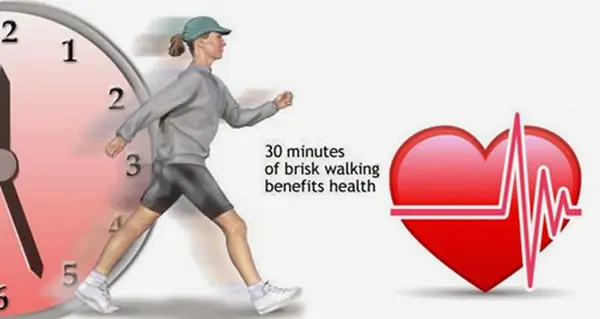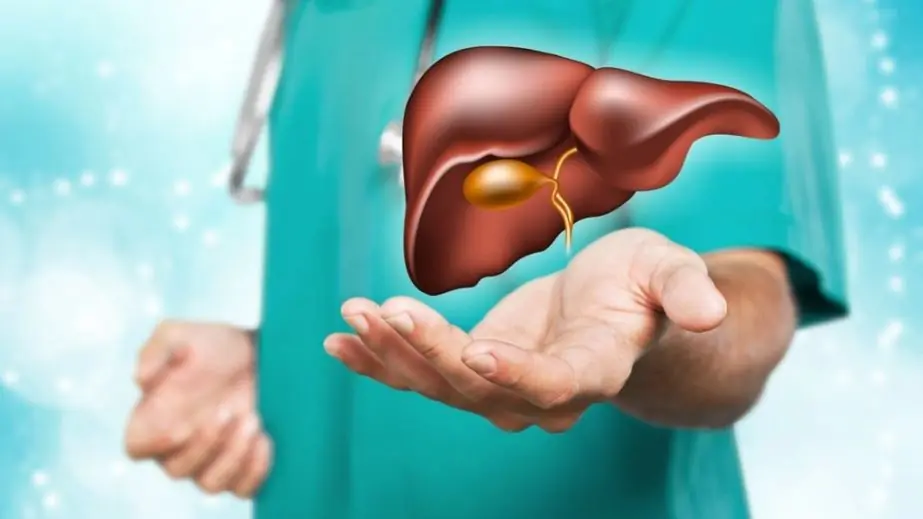
How to Exercise Without Overloading Your H.eart
Exercise is one of the most powerful ways to protect your health, prevent disease, and live longer.
But in recent years, a worrying number of cases have shown people collapsing, suffering cardiac arrest, or even dying suddenly — right in the middle of a workout.
So, how can you stay fit without overworking your heart? The answer lies in balance — knowing your limits, staying hydrated, and understanding what your body is telling you.
Let’s break it down step-by-step 👇
💓 1️⃣ Monitor Your Heart Rate — Your Heart’s Real-Time Dashboard
Your heart rate is the most accurate indicator of how hard your body is working. When you push yourself too hard, your heart must pump faster to deliver oxygen — and if it exceeds your safe range, the risk of arrhythmia, heart ischemia, or sudden cardiac arrest spikes dramatically.
According to the American Heart Association (AHA), you should stop exercising immediately if you experience:
-
Chest tightness or pain
-
Sudden shortness of breath
-
Dizziness or fainting
-
Abnormal heartbeat or fluttering
-
Cold sweats or nausea
If any of these appear — your heart is signaling distress.
The general formula for your maximum heart rate (MHR) is simple:
220 minus your age.
For safe exercise, stay within 50–85% of your MHR.
👉 Example:
A 40-year-old’s safe training range is about 90–153 beats per minute.
Smartwatches and heart-rate monitors can help you track this continuously and alert you if you’re pushing too hard — an investment that could literally save your life.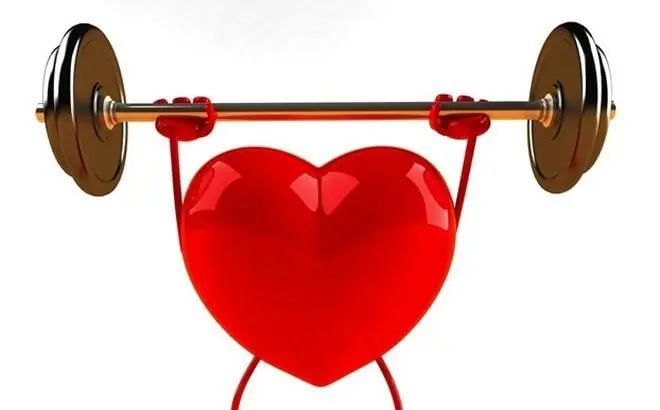
💧 2️⃣ Stay Hydrated — But the Right Way
Hydration isn’t just about drinking water. When you exercise, especially in hot or humid weather, your body loses large amounts of fluids and electrolytes — including sodium, potassium, and magnesium — through sweat.
If you only drink plain water without replacing electrolytes, you can actually dilute your blood sodium levels, leading to fatigue, cramps, or even more dangerous conditions like hyponatremia.
Here’s the expert breakdown:
-
For workouts under 1 hour, water is enough.
-
For longer or high-intensity sessions, add an electrolyte beverage or sports drink.
Dr. Man, a preventive cardiologist, notes that hydration needs vary by age group:
🧒 Children and teens: Their temperature regulation system isn’t fully developed. Exercising in the heat without enough fluids can lead to heatstroke.
👩🦱 Adults: Even healthy individuals should avoid overtraining. Chronic overload increases the risk of irregular heartbeat and immune system suppression.
👵 Older adults: The sense of thirst diminishes with age, so dehydration often goes unnoticed. Those with conditions like hypertension, kidney disease, or heart failure need a doctor’s advice before using electrolyte drinks.
Hydration is not just a comfort measure — it’s a heart-protection strategy.
🧠 3️⃣ Listen to Your Body — More Isn’t Always Better
One of the biggest fitness myths?
“The more you train, the healthier you get.”
Wrong. Over-exercising can actually damage your heart and immune system.
According to the World Health Organization (WHO), adults should aim for:
-
At least 150 minutes of moderate exercise per week, or
-
75 minutes of vigorous exercise per week,
plus muscle-strengthening exercises twice weekly.
That’s it.
Pushing beyond that — especially without proper rest, nutrition, or medical supervision — can backfire, leading to overtraining syndrome, inflammation, and cardiovascular strain.
Always warm up before and cool down after your workout.
And if your body feels unusually tired, dizzy, or sore — rest is not weakness. It’s part of the training.
Dr. Man emphasizes:
“The key to heart-healthy exercise is moderation. Train consistently, not excessively. Listen to your body, hydrate well, and allow time for recovery.”
❤️ The Bottom Line
Your heart is a muscle — strong, but not indestructible.
Treat it with respect:
-
Track your heart rate
-
Stay hydrated intelligently
-
Train smart, not hard
The goal of exercise isn’t just to look fit — it’s to live long and stay strong.
So next time you hit the gym or jog outdoors, remember:
Don’t chase exhaustion. Chase balance. 💪
News in the same category

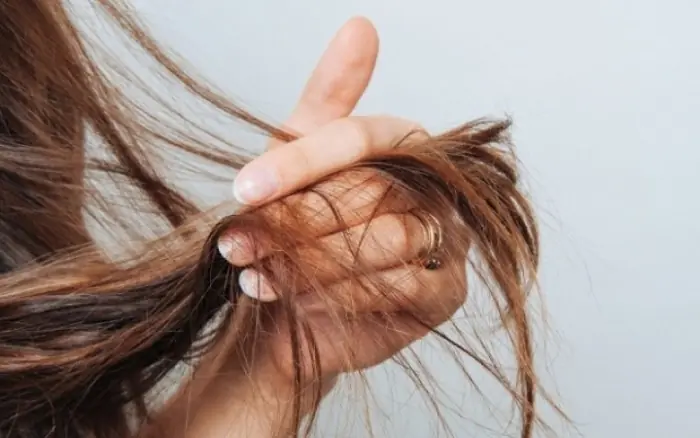
4 Hair Care Habits You Think Are Helping — But Are Actually Ruining Your Hair

The Surprising Truth About Cucumbers and Kid.ney Disease
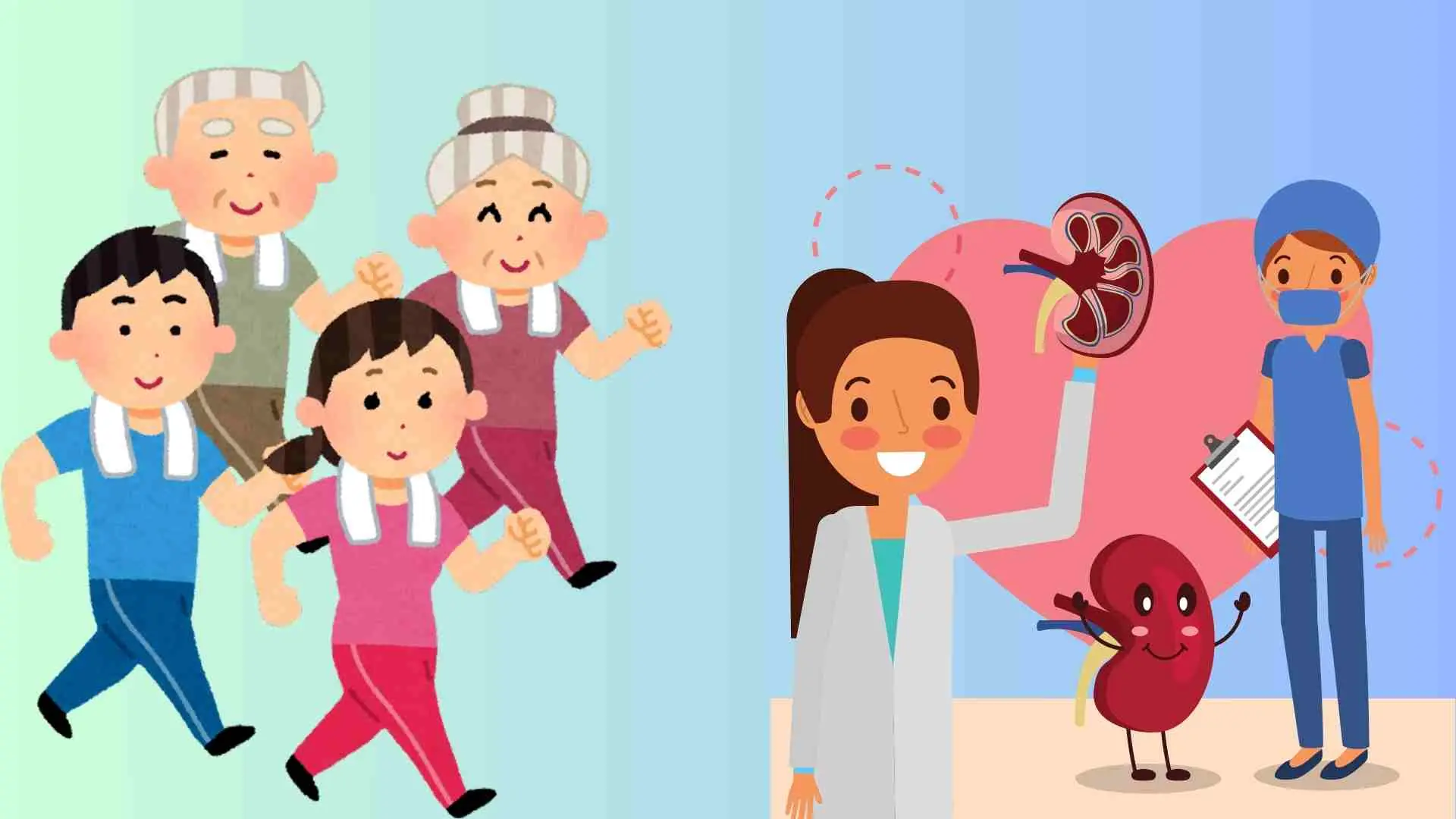
How Walking Can Transform Your Li.ver and Kid.neys Without You Even Realizing It
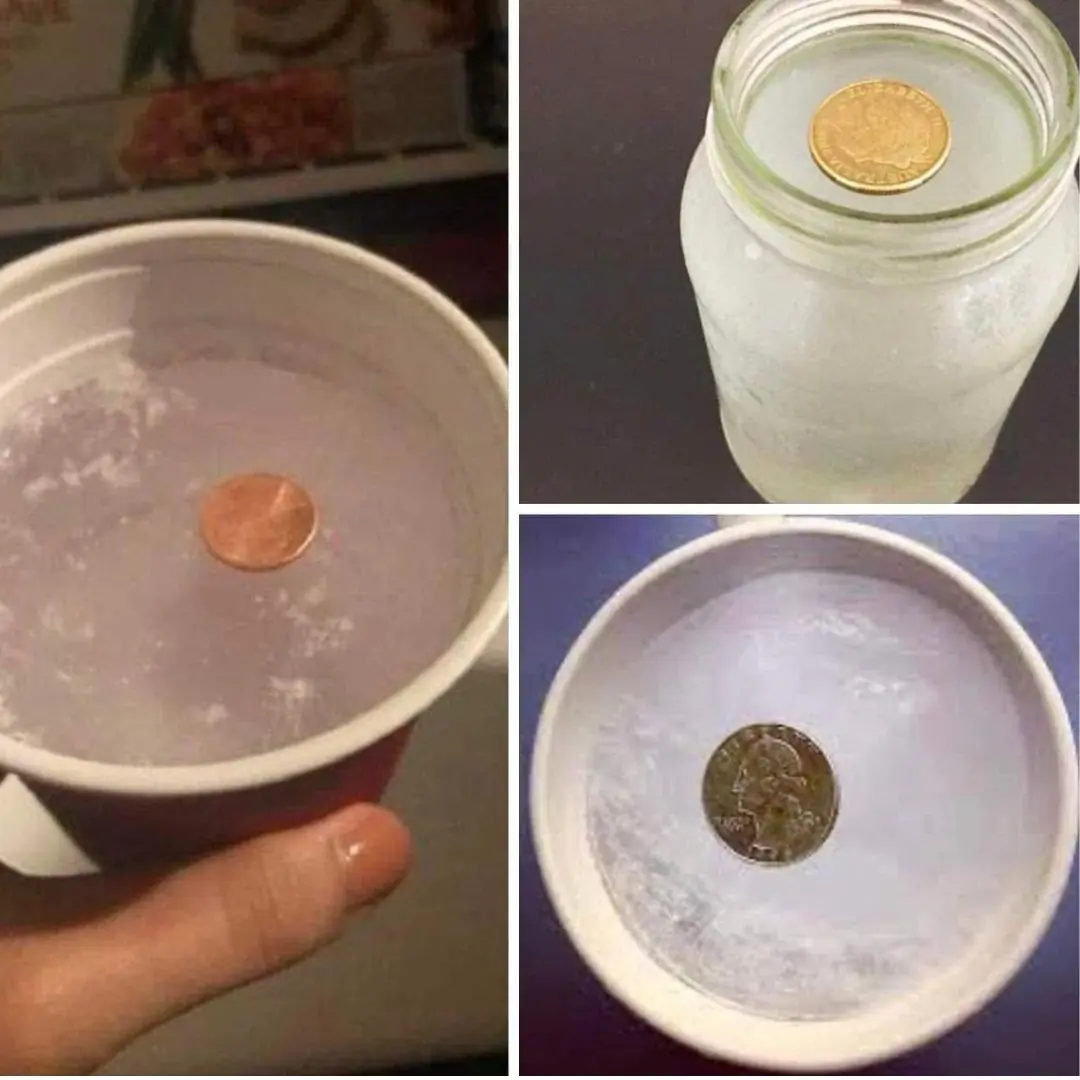
Here’s Why You Should Leave a Coin in the Freezer Before Leaving the House

Reduce Your Can.cer Risk with These Simple Food Choices
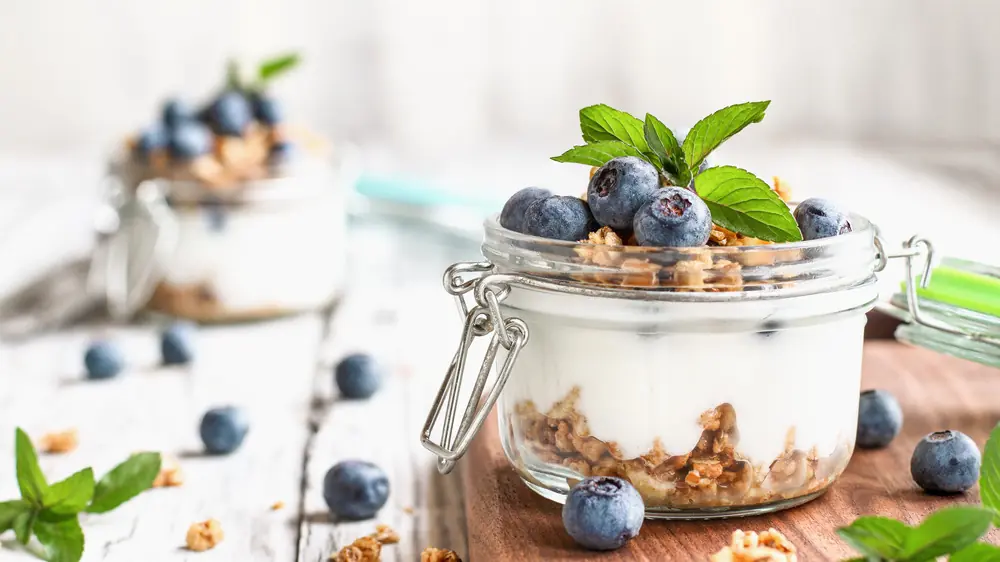
How Eating Yogurt Before Bed Can Transform Your Health
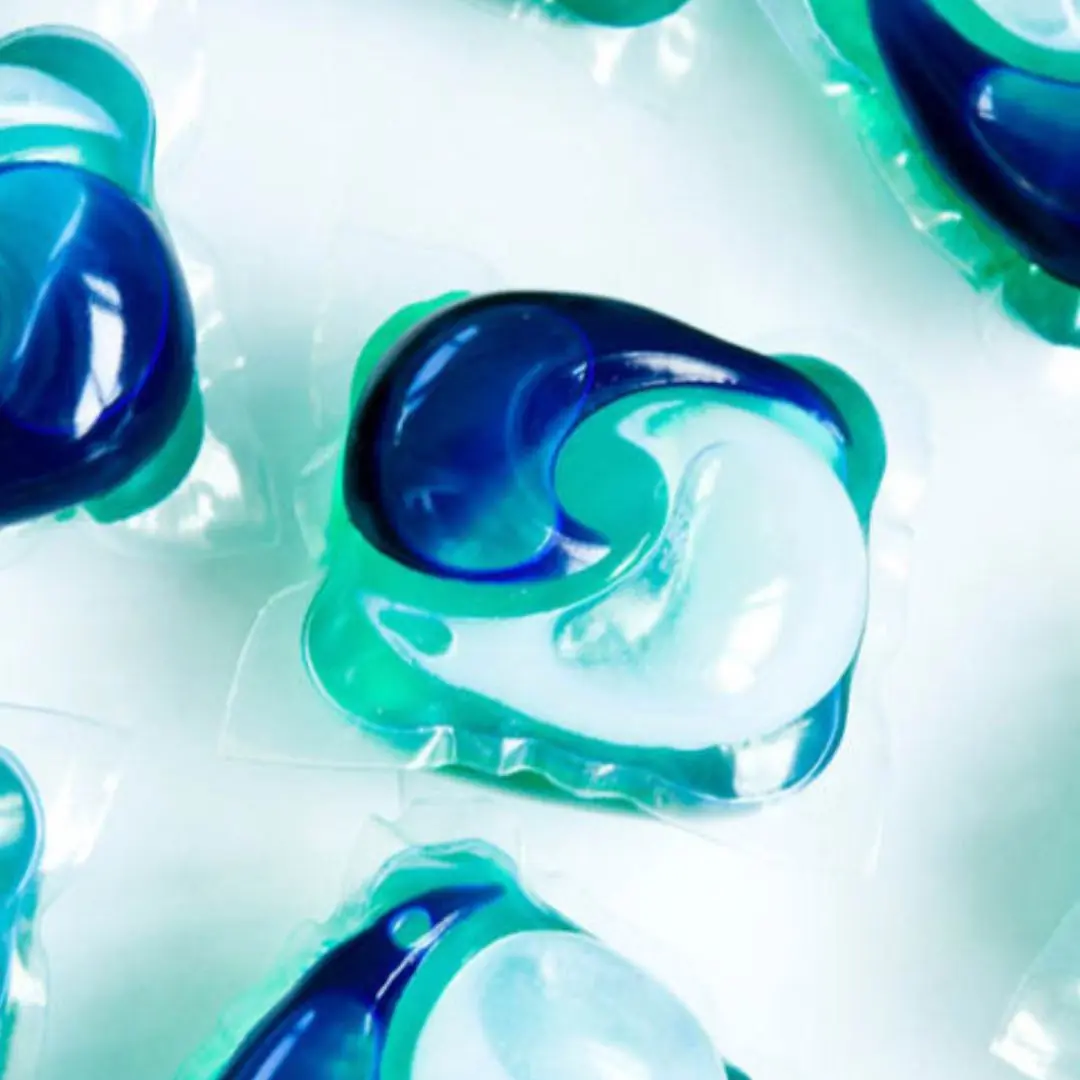
10 Genius Tide Pod Hacks You’ve Probably Never Heard Of
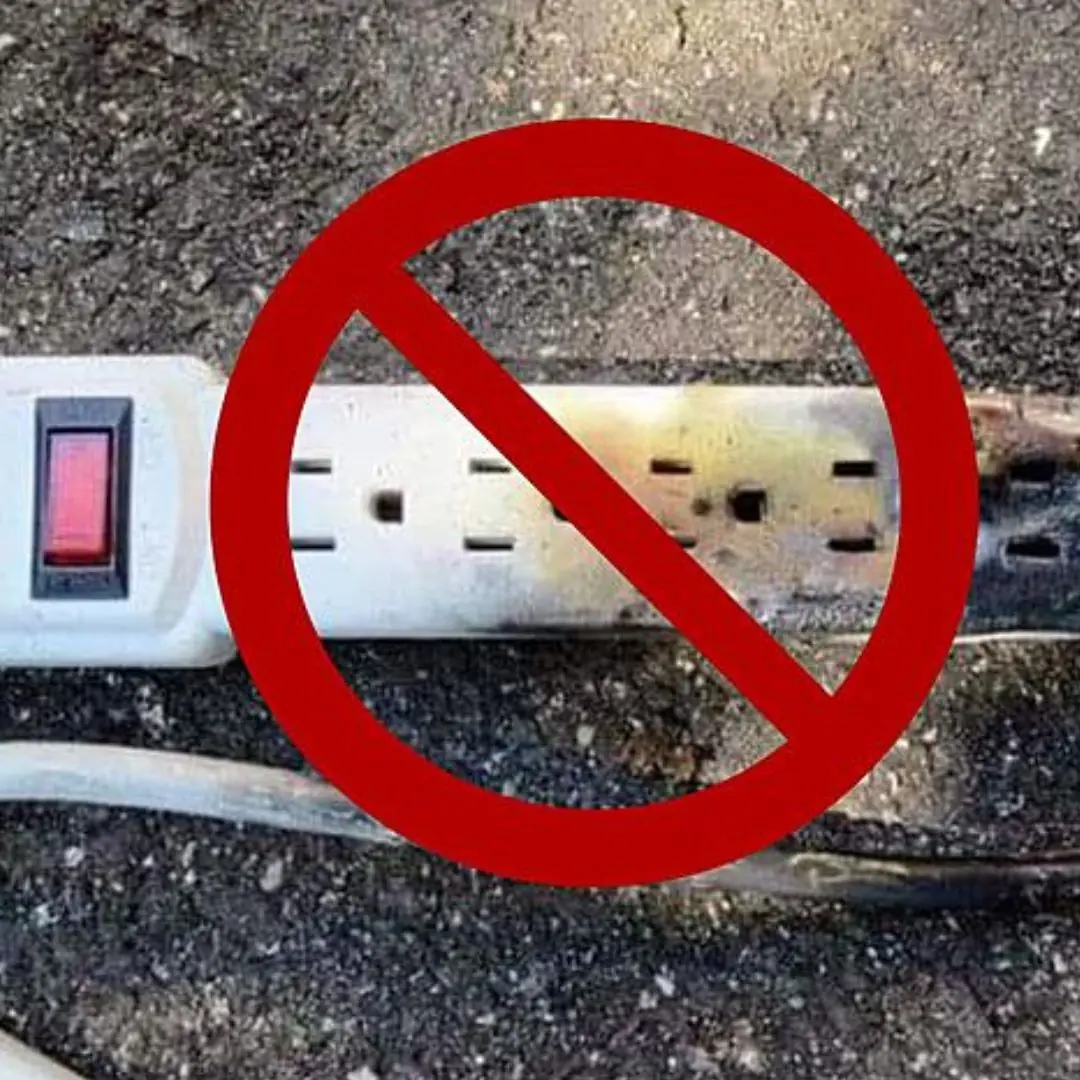
9 things you should never plug into a power strip
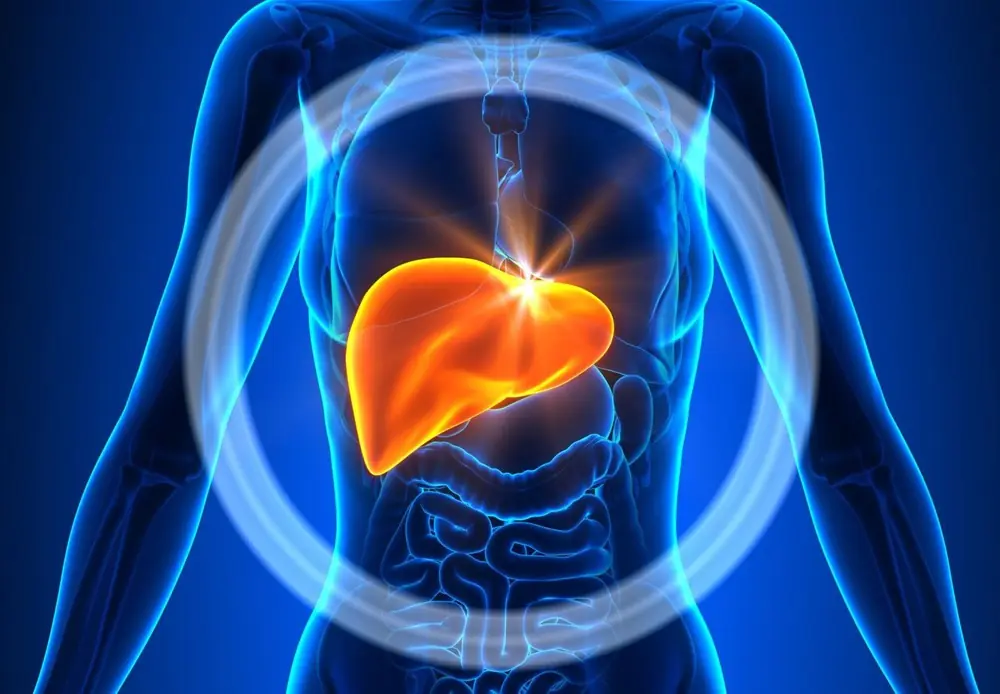
5 Simple Habits to Protect Your Liv.er and Boost Your Health After 40

How Black Tea Can Help Lower Ur.ic Ac.id and Protect Your Kid.neys
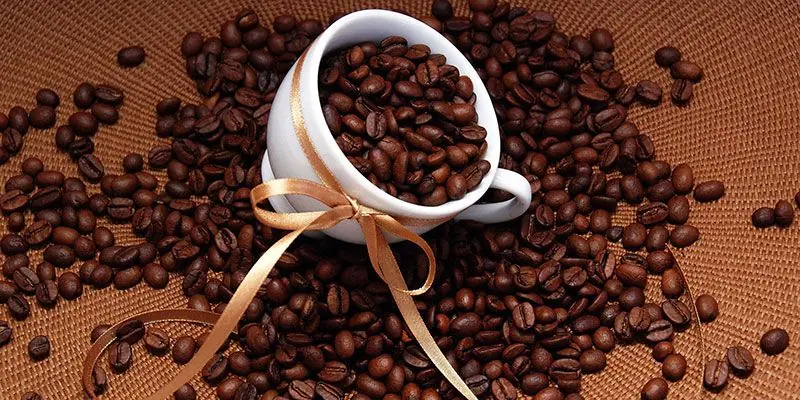
Stop Belly Fat Now: 3 Coffee Mistakes You’re Making (And How to Fix Them)

5 Simple Tricks to Crush Sugar Cravings and Boost Dopamine Without Cutting Sweets

7 scents snakes hate: Use them around your home to keep snakes away

Boil eggshells and say goodbye to the

Two Golden Elixirs That Boost Energy, Glow & Balance

Guava Leaves: 15 Hidden Healing Powers You’ve Been Throwing Away
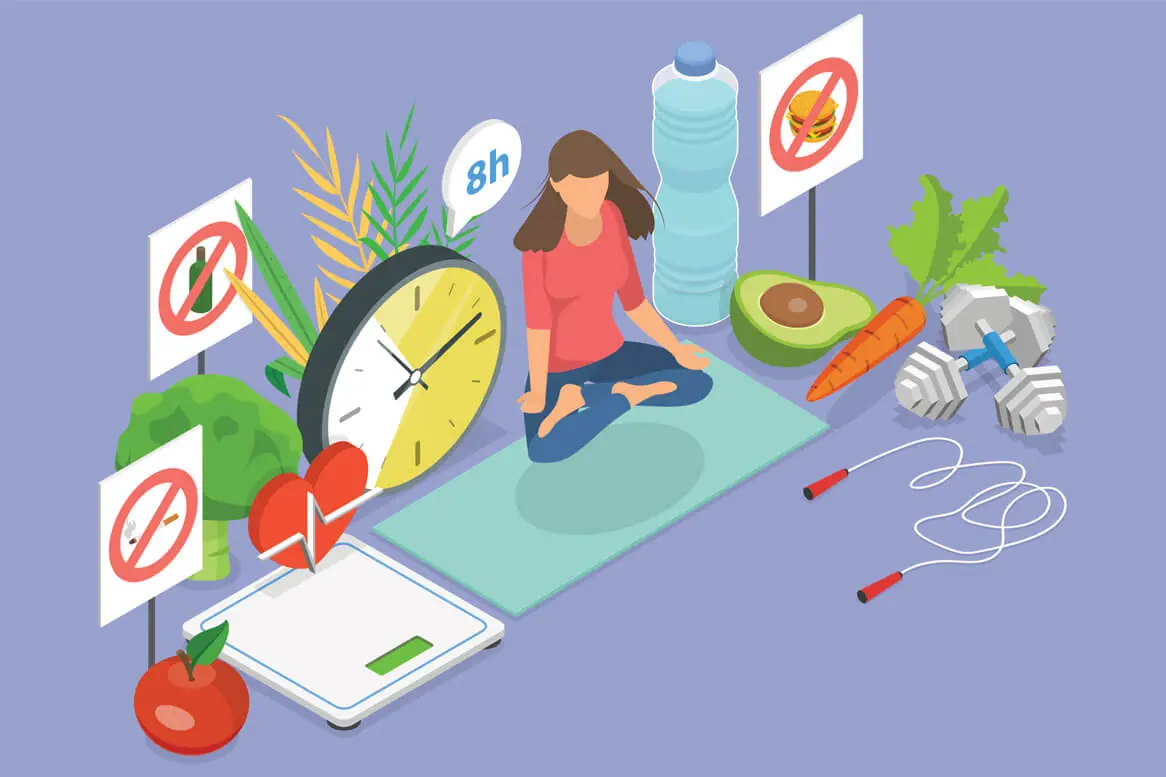
No Pills, No Pain: 9 Surprising Ways to Stop a Headache Naturally

When Swallowing Feels Like Fi.re, There’s One Golden Remedy That Can Save You
News Post

5 Powerful Ways to Stay Vibrantly Healthy in Your 40s and 50s

5 Silent Signs Your Li.ver Is in Trouble — and You’re Probably Ignoring Them

4 Hair Care Habits You Think Are Helping — But Are Actually Ruining Your Hair
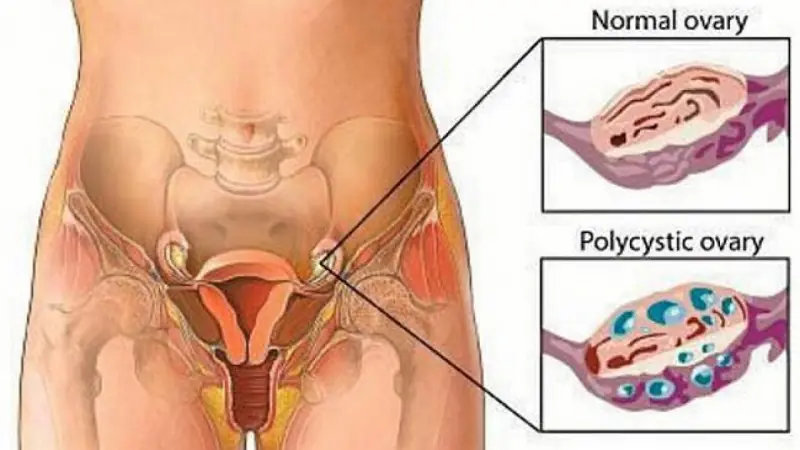
7 Alarming Signs Your PCOS Is Getting Worse

5 Fruit-Eating Mistakes That Secretly Harm Your Health
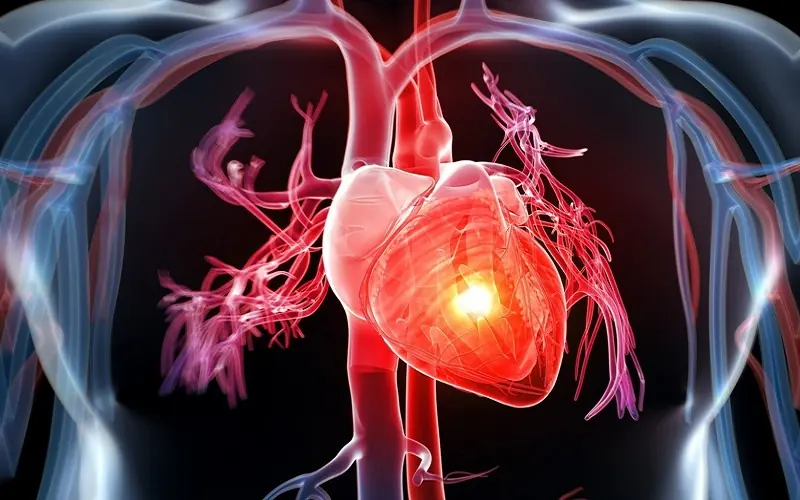
5 Silent Signs Your H.eart Is Crying for Help — But You’re Probably Ignoring Them

The Surprising Truth About Cucumbers and Kid.ney Disease

Think You’re Eating Enough Protein? 90% of People Are Dead Wrong

The Ancient Super Mushroom That Heals Your Li.ver and Kid.neys Naturally
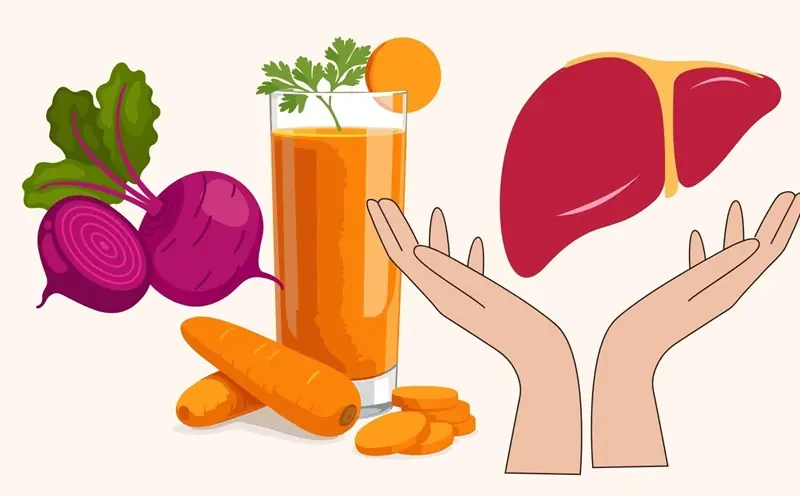
Sleep Your Way to a Cleaner Li.ver: The Nightly Detox Secret

How Walking Can Transform Your Li.ver and Kid.neys Without You Even Realizing It
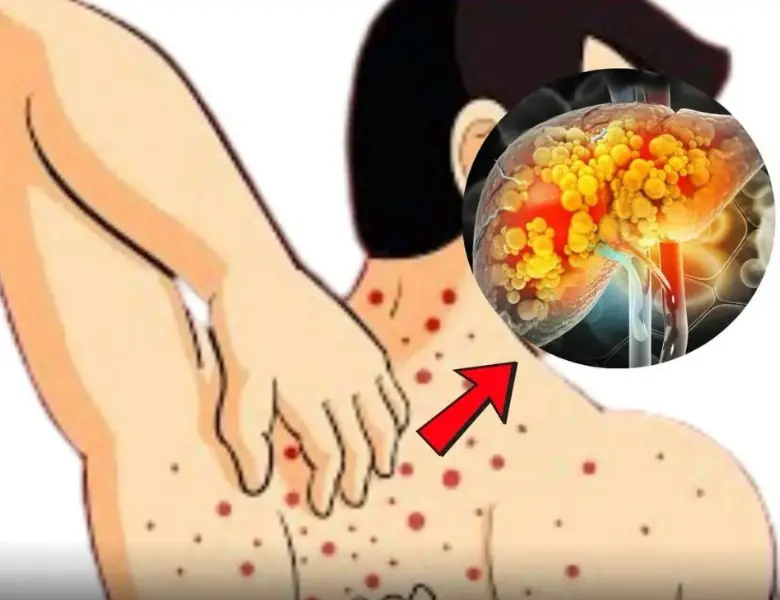
Fa.tty Liver: Causes, Symptoms, Treatment & Evidence-Based Prevention Strategies
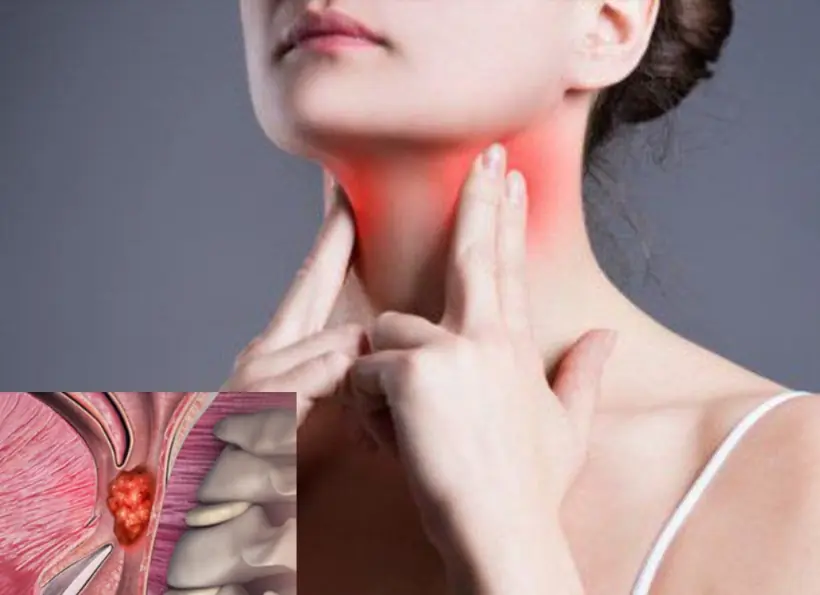
Warning: If You Notice This Sign in Your Body, Go to the Hospital Immediately or It May Be Late-Stage Nasoph.aryngeal Can.cer

What Does It Mean When Someone Who Has Pas:sed Away Appears In Your Dream
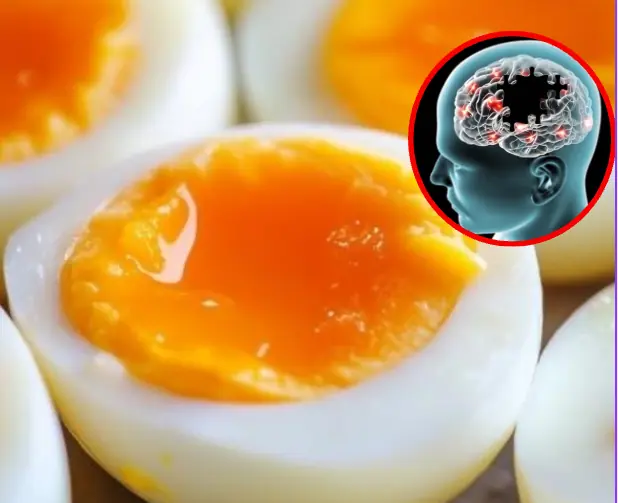
One Egg a Week, 47% Lower Alzheimer’s Risk
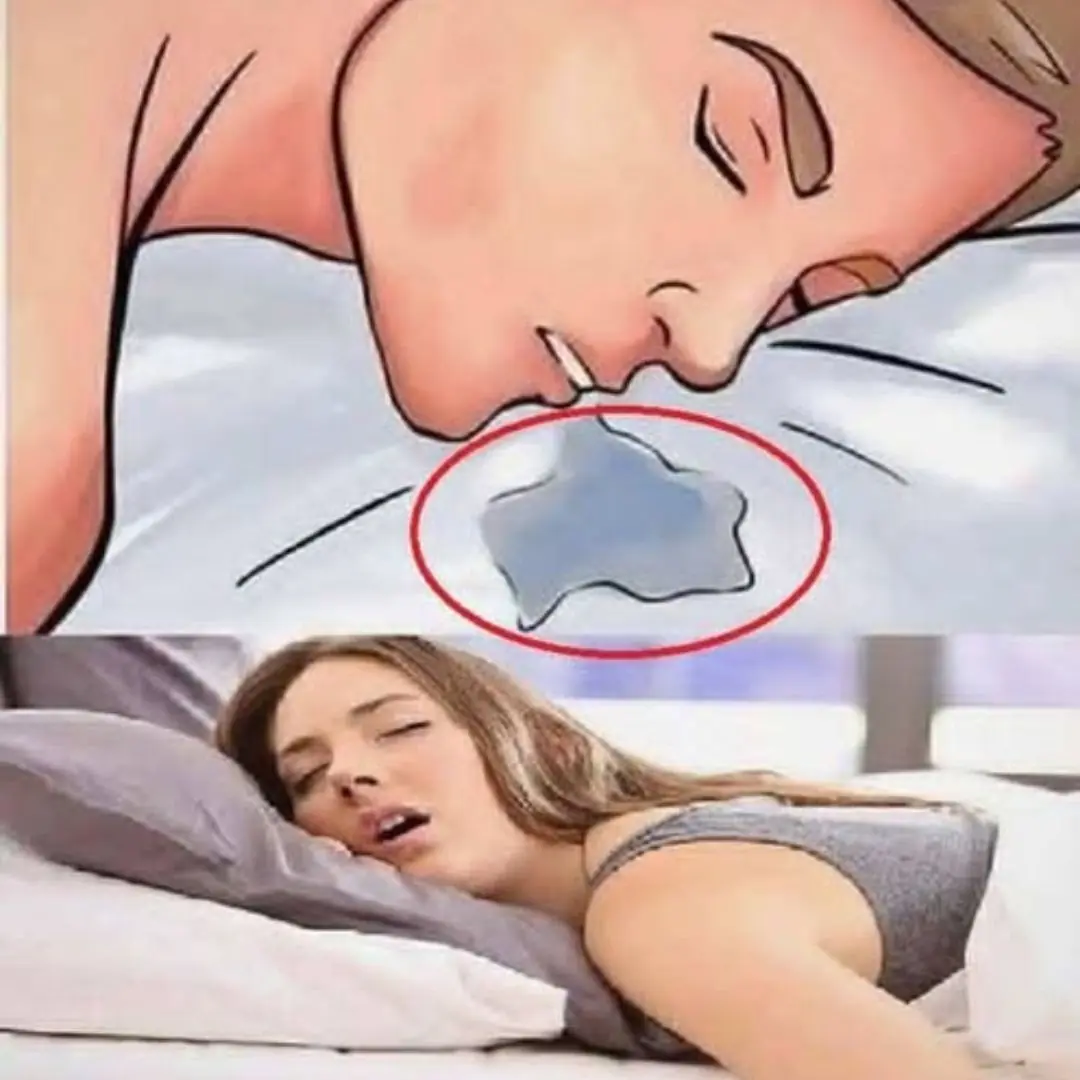
If you drool while sleeping, it is a sign that your brain…

Why Do Some Windows Have "Belly Bars"?

The surprising truth about eating eggs every day

